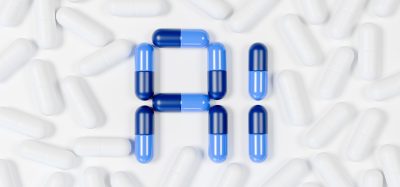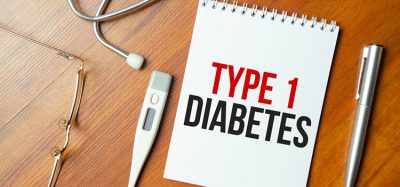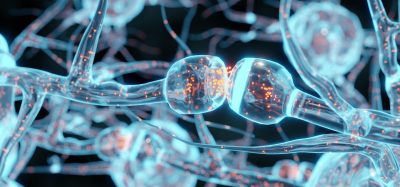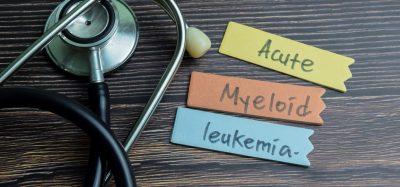Severe COVID-19 symptoms may not be caused by cytokine storm
Posted: 22 October 2020 | Hannah Balfour (Drug Target Review) | No comments yet
An analysis reveals that in comparison to other inflammatory diseases such as cytokine-release syndrome (CRS) and sepsis, the levels of cytokines in severely ill COVID-19 patients is low.
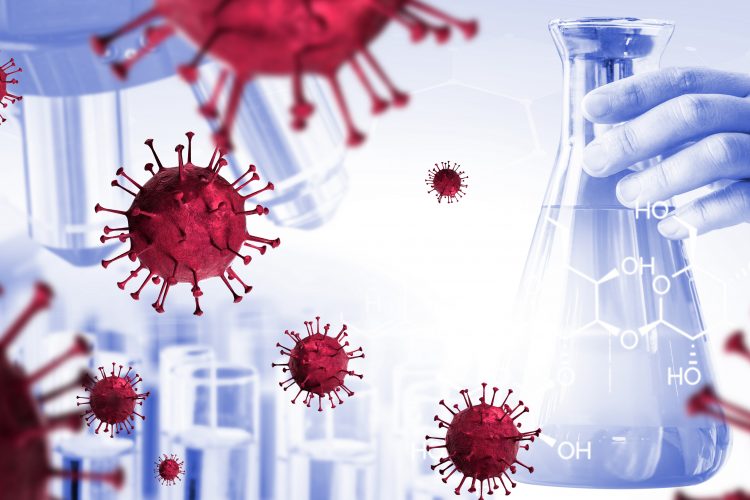

Since the emergence of COVID-19, researchers and doctors have suggested that the severest symptoms, such as Acute Respiratory Distress (ARDS) and organ failure, may be caused by an immune overreaction known as a cytokine storm. However, new research suggests that COVID-19 does not cause cytokine storms, instead the researchers suggest that other factors should be investigated to explain the virus’ impact on organ function.
In the paper published in The Lancet Respiratory Medicine researchers analysed data from 25 research studies conducted between 1 November 2019 and 14 April 2020. The team, led by Dr Clifford Deutschman, a professor in the Institute of Molecular Medicine at the Feinstein Institutes for Medical Research, US, revealed that cytokine levels in both severely and critically ill COVID-19 patients were profoundly lower than what was observed in other inflammatory syndromes. As a result of this discovery, the team suggest an alternate course of treatments may need to be devised, as many clinicians have regularly prescribed anti-cytokine therapies to treat COVID-19.
“While a great deal has been written about the immune response in COVID-19, much of it is not data-driven,” said Dr Deutschman, senior author of the study. “Anti-cytokine therapies are being used to treat COVID-19 because of a belief that levels of these immune mediators are highly elevated. We wanted to directly compare COVID-19 to other inflammatory illnesses to see if that belief was justified and if the current treatments are appropriate.”
In their analysis, the team compared the levels of cytokines and other inflammatory mediators in:
- 1,245 patients with severe and critical COVID-19;
- 2,767 patients with ARDS;
- 5,320 patients with sepsis; and
- 72 patients with the cytokine-release syndrome (CRS) caused by cancer treatment with activated immune cells – the quintessential clinical example of cytokine storm.
According to the study, cytokine response was 12-fold higher in ARDS patients, 25 times higher in those with sepsis and 85 time higher in CRS patients than in those with COVID-19. The team suggest that clinicians should therefore be exercising restraint in administering anti-cytokine therapies for COVID-19 until randomised evidence is available.
“Our understanding of the cytokine responses in COVID-19 continues to evolve,” said Dr Kevin Tracey, president and Chief Executive Officer of the Feinstein Institutes. “Dr Deutschman’s team findings show that a cautious approach is needed to potentially manipulate cytokine levels with drugs.”
Related topics
Analysis, Cytokines, Disease Research, Immunology, Proteomics
Related conditions
Acute Respiratory Distress Syndrome (ARDS), Coronavirus, Covid-19, Cytokine storm, Cytokine-release syndrome (CRS), Sepsis
Related organisations
Feinstein Institutes for Medical Research
Related people
Dr Clifford Deutschman, Dr Kevin Tracey




